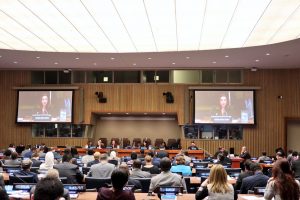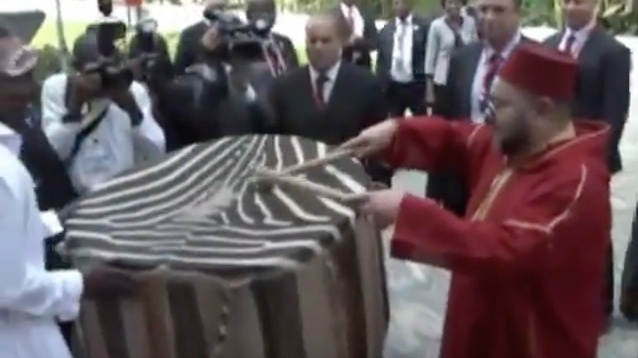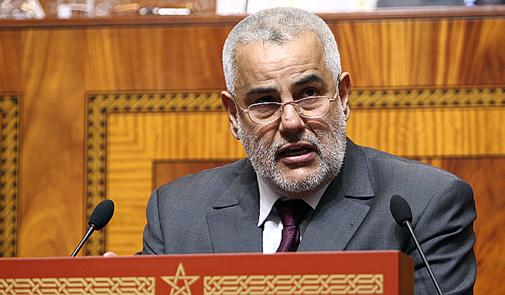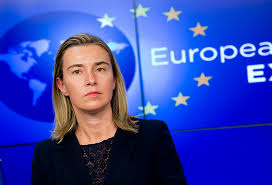The Fourth Committee of the United Nations General Assembly has adopted without a vote a resolution reiterating its support for the political process led under the exclusive auspices of the United Nations for the settlement of the regional dispute over the Moroccan Sahara.
The resolution calls on all parties to fully cooperate with the UN Secretary-General to achieve a political solution to this regional dispute on the basis of the resolutions adopted by the Security Council since 2007.
The text thus supports the political process based on the Security Council resolutions adopted since 2007, with a view to achieving a “just, lasting and mutually acceptable political” solution to the Moroccan Sahara issue.
The document, adopted on Thursday, welcomes the efforts made in this regard, and calls on all parties to fully cooperate with the Secretary-General, and with each other, in order to achieve a “mutually acceptable political solution”.
This resolution, like its predecessors and those adopted by the Security Council over the past two decades, does not at any time mention the referendum, dead and buried by the UN Secretariat-General, the General Assembly, and the Security Council.
The UN General Assembly also welcomes, in this resolution, that the parties have committed to continue to show political will and work in an atmosphere conducive for dialogue, on the basis of the efforts made and the new developments that have occurred since 2006, thus ensuring the implementation of the Security Council resolutions since 2007.
It should be noted that the only new development that has occurred in the political process since 2006 is the presentation by Morocco on April 11, 2007, of the autonomy initiative.
In this regard, the resolution supports the Security Council resolutions since 2007, which have enshrined the preeminence of the autonomy initiative presented by Morocco, deemed by the Executive Body and the entire international community as a serious and credible initiative for the definitive settlement of this regional dispute within the framework of the sovereignty and the territorial integrity of the Kingdom.
The text also backs the recommendations of resolutions 2440, 2468, 2494, 2548, 2602, 2654 and 2703, adopted at the end of October 2023, which determine the parameters of the solution to the regional dispute over the Moroccan Sahara, namely a political, realistic, pragmatic and sustainable solution that is based on compromise.
Resolutions 2440, 2468, 2494, 2548, 2602, 2654 and 2703 reaffirmed the round table process and defined, once and for all, its four participants, namely Morocco, Algeria, Mauritania and the Polisario. Indeed, resolutions 2440, 2468, 2494, 2548, 2602, 2654 and 2703 mention Algeria, in the same way as Morocco, five times, thus reaffirming Algeria’s role as the main party to this regional dispute.
These Security Council resolutions also welcome the measures and initiatives undertaken by Morocco for the promotion and protection of human rights in its southern provinces, and the role played by the Commissions of the National Human Rights Council in the cities of Laayoune and Dakhla, as well as Morocco’s interaction with the mechanisms of the United Nations Human Rights Council.
They also reiterate the request of the UN executive body for the registration and census of the populations in the Tindouf camps, and the deployment of the necessary efforts to this end.The present resolution of the UN General Assembly 4th Committee in no way refers to a so-called imaginary war that Algeria and its puppet the Polisario claim to take place in the Moroccan Sahara.
Hence, after the Security Council, the Committee exposes, in its turn, the lies and false allegations of Algeria and the Polisario regarding the situation in the Moroccan Sahara, where peace, stability and all-round development prevail.



